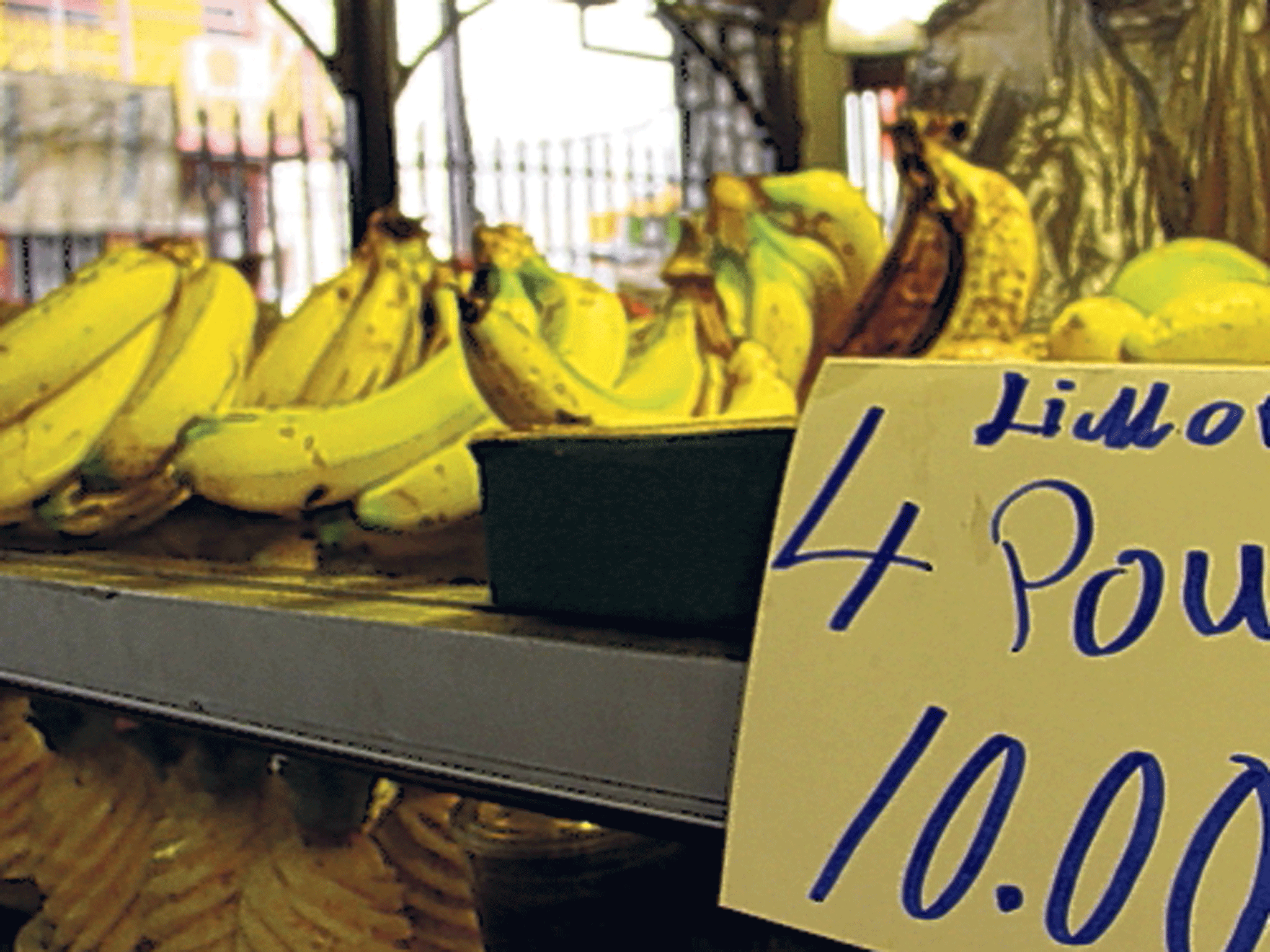Dine out despite the pathetic pound in your pocket
The man who pays his way

The intensity of the thimble-sized espresso demanded a drenching of sugar. Once the bitterness turned sweet, it became the perfect digestif.
My meal at the Alla Mole restaurant in Turin last weekend had begun with an antipasto of peppers and olives. I greedily scooped up the surplus oil and herbs with a hunk of fresh bread and enviously glimpsed my neighbour's spaghetti with seafood. But the first bite of my main course confirmed gnocchi al pesto to be the ideal choice.
With many Italian meals, the pasta course merely marks the feast getting into its gastronomic stride; a muscular piatto principale and Alpine-scale dessert awaits. But I was content to cut to the coffee – and the bill. With tip, it totalled €8.
Even at last week's miserable exchange rate, that simple feast cost only £7, and the deal even included a generous glass of local wine or beer. A reminder of the most basic, banal, truth about travel cash: the best way to cut down on holiday spending is, er, to spend less while on holiday.
A good start is to select a restaurant where the meal takes longer to eat than it does to earn enough to pay for it. Seventy minutes' work at the UK's national minimum wage will cover dinner at the Alla Mole.
Choosing a destination where a double in a good three-star hotel costs the equivalent of £43, including breakfast, is another good move; I hope the 48 hours in Turin on pages 10-11 might persuade you to make it your next Italian city break rather than Venice or Rome.
Even so, every country in the eurozone, from the Arctic to the Algarve, looks more expensive than it did a year ago because of the plummeting pound. So I set about investigating whether there are any nations where the locals won't snigger at your sterling.
The pound has sunk against many more European currencies besides the euro – understandably, because Balkan bills and Scandinavian crowns tend to shadow the "single currency". But over the past year the pound has held its own against the US dollar, and consequently all the other currencies – such as the Mexican peso and UAE dirham – that are tied, in effect, to the dollar. Aviation costs, from plane leases to fuel, are priced in dollars, so any dip against the US currency would be disconcerting.
Sterling has even appreciated by a couple of percentage points against both the Swiss franc and the Australian dollar, but I exclude these because they are both still absurdly strong: the cheapest flat white coffee I could identify at Sydney airport, from Caffe Viaggio, costs A$3.95 (£2.65). Three of those could buy you a three-course meal at the Alla Mole in Turin. (To be fair, though, a large latte at Costa Coffee at Stansted airport costs exactly the same as a flat white in Sydney.)
To reach the affordable world, cross the Pacific to Argentina, the rising southern star in tourism terms thanks to the plummeting peso – down 10 per cent in a year. Don't cry for them, just go and spend some cash. For other good deals, look east. The 6 per cent appreciation against the Indonesian currency means you can become a rupiah millionaire by exchanging £66; and there's tenge fever in Kazakhstan, where you get 4 per cent more of the local currency.
For sheer value, aim for the Indian Ocean nations where the rupee rules. You will get around 8 per cent more Mauritian rupees on the lovely island; India itself delivers 10 per cent more for every pound; and returning visitors to Sri Lanka will find prices cut by about an eighth on last year, at least in sterling terms. Your pound goes further, no matter which rupee. Whoopee.
What's cooking on the high street?
Italy is more accessible than India and if it is your target then you can at least protect yourself against the extremes of the foreign exchange business as the pound converges with the euro. I'm off to sunny Spain shortly, so I spent Tuesday afternoon going up and down the high street seeking out the best rate. The only sensible question to ask: "How much will it cost me, in sterling, to buy €500?" Joint worst were the Post Office and the euro-dispensing ATM outside Thomas Cook, both wanting £466.
My bank quoted £455, while M&S was a tenner cheaper, at £445 (and featured the most embarrassing moment, when a fellow customer mistook me for a member of staff and demanded directions to the restaurant). But the best deal was to be found by ignoring the Thomas Cook ATM and marching into the branch, where the €500 could be mine for £439.
Join our commenting forum
Join thought-provoking conversations, follow other Independent readers and see their replies
Comments
Bookmark popover
Removed from bookmarks